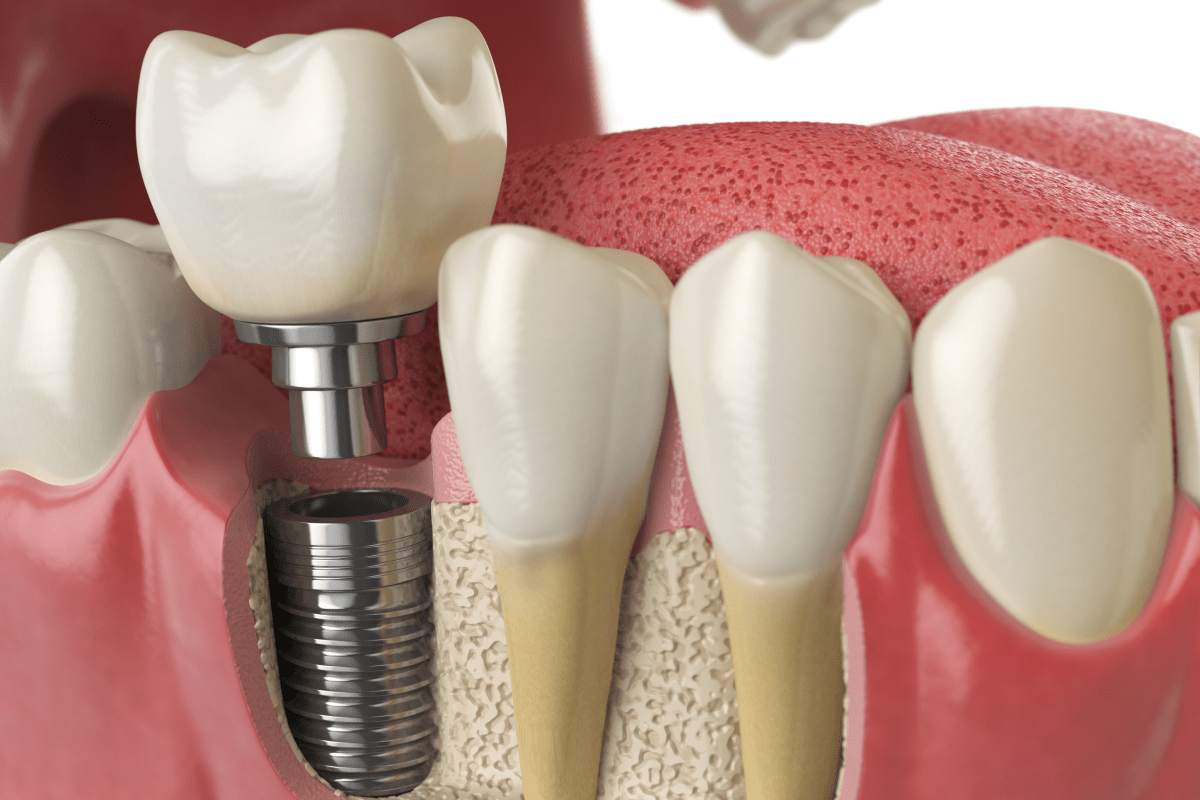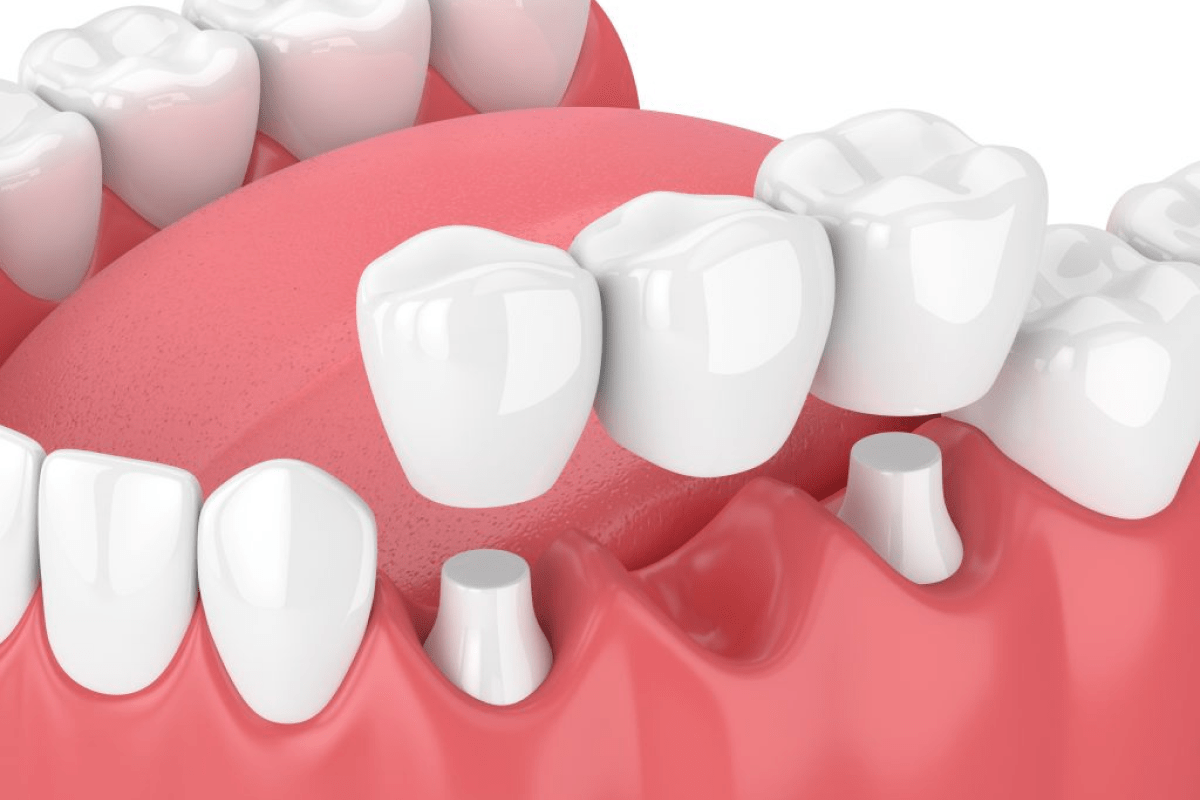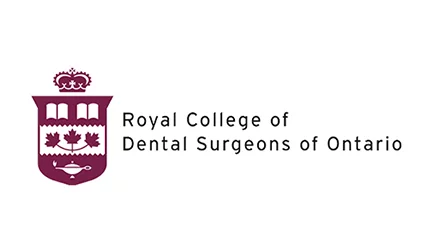DIFFERENCE BETWEEN DENTAL BRIDGE AND DENTAL IMPLANT: WHICH ONE BE CHOOSE?
In to it, we are born with 32 teeth – and my goodness, how they are used. We all are very familiar with situations. when we chew on a cherry pit tumble face first on the hard street, or simply go to bed without brushing our teeth several times, all of us are sure to be missing at least some of those dentures by the time we reach our sixties.
The consequences aren’t great. Premature loss of teeth may bring discomfort in carrying out the act of eating and even in speaking. As you lose your teeth, others will shift into the space left vacant, and this will slowly alter your face or jaw. But people also lose their self-esteem when they have to part with some of their teeth through aging or accidents. It’s good to know that your dentist can offer two well-establishes to replace a missing tooth: a dental implant and a dental bridge is a suggestion.
WHICH IS BETTER?
1. DENTAL IMPLANTS:
Dental implants are tiny screws that act as tooth roots in case of tooth loss. A dentist or a surgeon anchors it into the jaw through a minor surgery referred to as implant surgery. After the implant is placed, it hardens, and your dentist then sets an abutment and a crown on it.
2. DENTAL BRIDGES:
Dental bridges, however, replace the teeth only from the gum line just below the gum line. In its most simplified form, a bridge is a crown that goes over your surviving natural teeth on both sides of a gap and a false tooth that is implanted in between. At other times, the structure of your teeth may force your dentist to suggest one methodology to the other. However many times your dentist is probably to tell you that either of the methods is acceptable for the replacement of the missing tooth. Still, they assist in balancing the pros and cons and the final choice is usually made by answering such questions as how convenient it would be to have a replacement, how much it will cost, and how long the replacement will take.
ADVANTAGES AND DISADVANTAGES OF DENTAL BRIDGES
When it comes to restoring your smile, dental bridges offer many benefits:
- They seem to fit when they are newly put in place.
- They enable you to chew and speak as you did before you fell ill or as you used to chew and speak
- They help prevent the neighbouring teeth from shifting in place of the missing teeth so that there is an open space.
- Bridges also do not need any bone grafting or any surgery in this case that is invasive.
- Usually, it takes not more than two visits to install a bridge, with the interval between the visits within two weeks.
- In the beginning, a bridge requires the lowest price when compared to an implant.
- This method is known to be funded more by insurance companies than by other procedures.
On the other hand, there are some drawbacks to bridges
- They don’t last forever. Even today, the American Dental Association says that one has to replace a bridge every five to seven years on average.
- Several of the later patients frequently identified that they were suffering from more cavities and tooth decay after they had been given bridges. That is because it becomes a challenge to brush and floss around the braces.
Sometimes, a bridge can cause pain to clean, it is possible to floss normally a gap between two teeth, but with a bridge, it stretches three connected teeth. So there are brands of flosses and floss cleaners that exist exclusively for use below the bridge. However, it adds just another moment to your dental hygiene routine and is slightly inconvenient.
ADVANTAGES AND DISADVANTAGES OF DENTAL IMPLANTS
This brief article aims to explain what dental implants are and why they are a preferred option for filling a gap present in dentition. Here are some of the benefits:
- Dental implants maintain the natural look for a longer time as compared to the bridge.
- They enable you to chew and speak as before after the procedure has been done.
- Dental implants help maintain the surrounding teeth because they do not shift in the case of missing teeth.
- They offer tooth replacement without necessarily having to affect any of the other teeth that are close to them.
- Dental implants are not teeth, thus, they do not get cavities.
- Dental implants can be for a lifetime – but the replacement caps on top of the implants are, for a maximum of 15 years.
But like bridges, dental implants have some drawbacks:
- To place an implant one needs oral surgery and is therefore associated with specific complications such as infection, nerve and sinus damage, or placement of it in the wrong position.
- That is from the time when the surgeon surgically places the implant and up to the time the prosthodontist cements the crown in place, which may take up to six months and can involve several visits.
- It is normally not advisable to insert dental implants for individuals below the age of 18 because their jaws are still growing.
- Bridges as compared to implants are relatively inexpensive.
- It is also important to note that dental implants mostly receive insignificant insurance coverage if any at all.
WAYS OF MAKING PROPER CHOICE
When choosing between the two, many matters must be considered such as the hold working time, cost, and whether the dental implant or the dental bridge is easier. Beyond that, the dentist says it’s a question of individual preferences:
- How much of the treatment are you willing to endure?
- Time frame; When do you wish all these to be completed?
- What is your attitude towards Oral Surgery?
- How often will you endeavor to wash it?
- What about replacements and cost?
KEY TAKEAWAY
Two of the major types of dental treatments include dental implants and dental bridges. bridges are likely to be paid for by your insurance and generally cost less at the initial appointment.
If money is not an object and an individual has generally good health, then dental implants are preferable since they are more durable and will not significantly affect the other teeth in proximal areas. Depending on your case, a dentist will be in a better position to advise which option is best suited for you.













